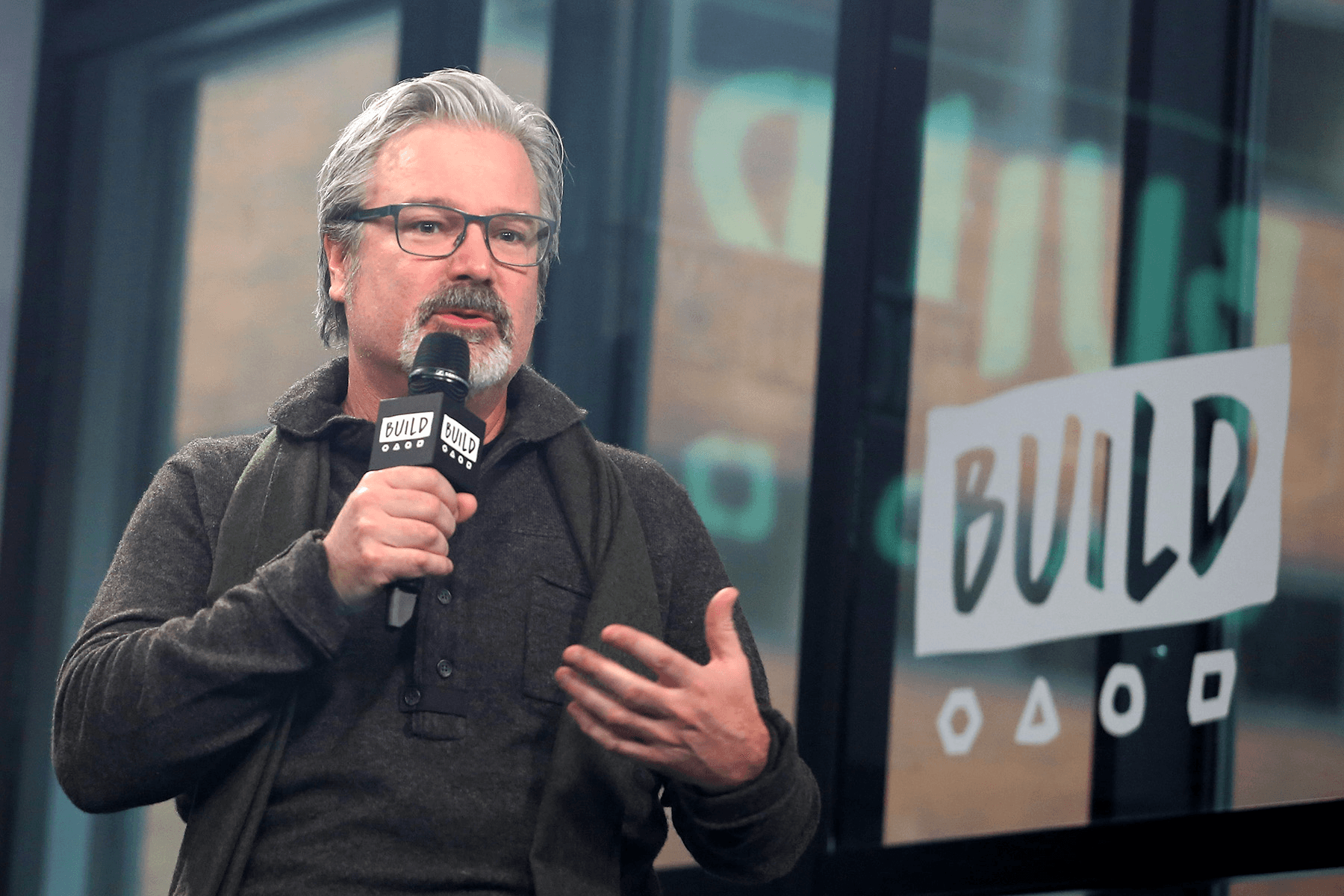
Gore Verbinski has been directing movies for two decades now, including The Ring, Rango, The Lone Ranger, and the first three Pirates of the Caribbean features. His latest picture, A Cure for Wellness, breaks away from big-budget Hollywood features with a lesser-known cast and unique premise. On the latest Channel 33 episode, he spoke with Sean Fennessey about the joy in making something different and the future of the industry.
Listen to the full podcast here. This transcript has been edited and condensed.
Moving Away From Big IP
Sean Fennessey: You’ve obviously had a lot of experience with big IP projects with sequels. Was it important for you to not do something like that after the last five or six films?
Gore Verbinski: Sure. It’s cathartic in a way to kind of return to the scale of The Ring, let’s say, or something like that. We were making the second Pirates movie and the scariest thing was that the studio wasn’t nervous. It’s like you’re going to make a pirate movie, that will never work, and so you kind of go, "Yeah, that’s what’s so exciting about it." And then there are notes and people panicked about Johnny [Depp’s] performance or this or that. And then you’re making a second [Pirates movie], they’re just, "Just keep doing that thing you’re doing. We love it." And you kind of go, "Whoa. Why am I really nervous now." Because you’re no longer on that boundary of the unknown.
I think that’s what was great about Rango. It was like, "OK, [I] don’t know how to make an animated movie." That makes it more exciting. And I think with Cure for Wellness, it’s like, you don’t see movies like this anymore. So operating on that kind of outer boundary [where] you’re not quite sure this is going to work, that’s where the juices flow. That’s where you kind of get excited every morning. It’s what keeps me going.
Fennessey: There’s something very poetic about you releasing this movie in the same year that there is a Ring sequel and another Pirates sequel. What is it like to look at some of these things that you’ve helped birth in this country move on without you?
Verbinski: I think it’s fun. I think it’s healthy. To do three Pirates of the Caribbean movies was kind of the perfect journey for me because it was more to do than just one in terms of learning and growth and exploring and trying different things. But after that, it’s like you get to a place like, "I can’t learn any more from this. There’s no more personal growth." Then if it becomes some sort of financial equation, it’s just not appealing. I’d rather sell real estate for a living or something.
Netflix, Amazon, and the Rise of Longform TV
Fennessey: I’m curious what it’s like to be 10 films into a largely major-studio-auteur kind of career, which is an increasingly uncommon thing. Is it more difficult than ever to find the kind of project that you want to do that you feel good about that can still go for 40 or 50 or 60 million dollars?
Verbinski: Sure. It’s the byproduct of the difficult task of getting people to get in their car and pay too much for popcorn and drive to a movie theater, [which] is creating that sort of, that eventizing of that experience. That’s consequently driving away good writers and people of talent toward television. Amazon and Netflix battling it out and the need for so much content has allowed really great stuff on your box at home. There are more and more reasons not to go to the movie theater because there’s good longform [television]. So, yeah, it’s like this self-fulfilling negative prophecy. It’s like you can feel the fabric ripping and once it starts, it’s really hard to stop.
Fennessey: Is there any part of you that wants to get into that longform game the way things are changing?
Verbinski: Sure, I think that’s inevitable if we keep going this way. Because I love sitting around a fire and telling a story, the sort of campfire aspect. There’s something greater than the sum of its parts when you get a bunch of strangers in a dark room, and certainly your movie’s never going to look or sound better than that experience. But you see the kind of collapsing of your second act, which, generally, your problem with your movie is usually your second act, and whereas it’s an asset in, you know, the 13-episode longform. [It’s] just different types of narrative are unfolding.

